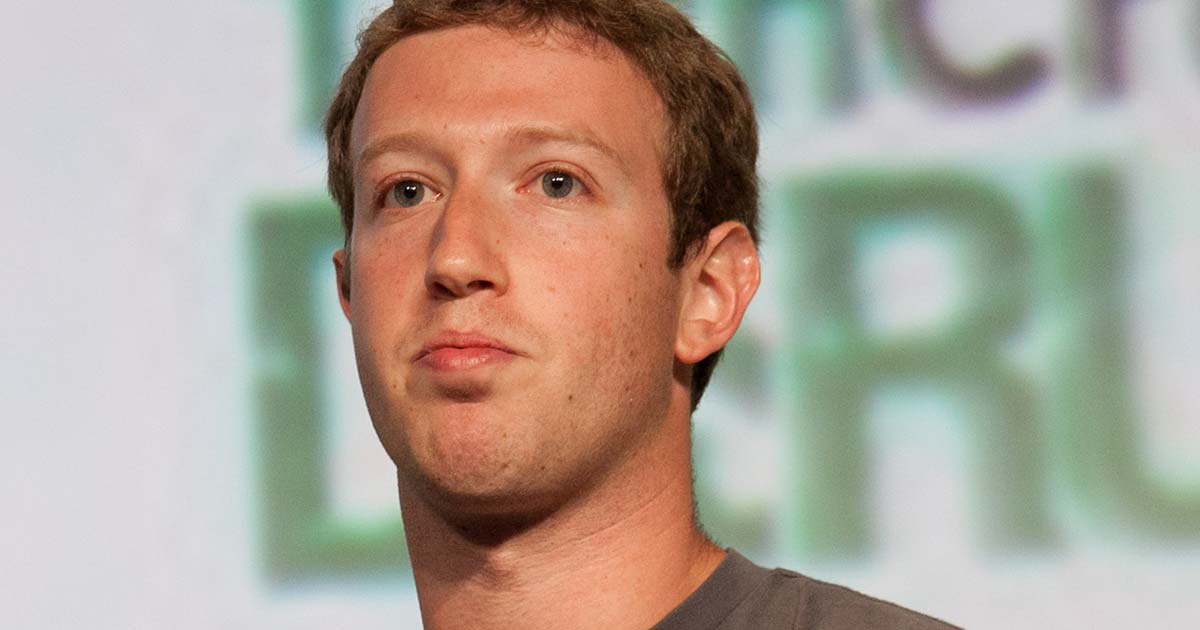Meta Must Enhance Safety for LGBT+ Facebook and Instagram Users

Mark Zuckerberg, co-founder, chairman and CEO of Meta (Photo: JD Lasica)
Human Rights Watch (HRW) has launched the #SecureOurSocials campaign, calling on Meta, the parent company of Facebook and Instagram, to improve safety measures for LGBT individuals on its platforms.
The campaign, in collaboration with Social Media Exchange (SMEX), INSM Foundation for Digital Rights, Helem, and Damj Association, aims to hold Meta accountable for user safety, particularly in regions where individuals face heightened risks due to their sexual orientation or gender identity.
The Consequences of Digital Targeting
A HRW February 2023 report detailed the extensive use of digital targeting by security forces in five countries—Egypt, Iraq, Jordan, Lebanon, and Tunisia.
The report highlighted the severe offline consequences, including arbitrary detention and torture, resulting from the entrapment and harassment of LGBT people on social media platforms like Facebook and Instagram.
Security forces exploit these platforms to gather evidence for prosecutions, creating a perilous environment for individuals already facing offline insecurities.
The #SecureOurSocials Campaign
Building on HRW’s report, the #SecureOurSocials campaign seeks to engage Meta, the world’s largest social media company, to enhance transparency and accountability.
The primary goal is to encourage Meta to publish meaningful data on its investments in user safety, specifically focusing on content moderation in the Middle East and North Africa (MENA) region and globally.
The campaign asserts that when vulnerable groups like LGBT people use Facebook and Instagram for connection and organising, they deserve assurance that Meta is diligently working to ensure their security.
LGBT Voices: Facing Offline Consequences
LGBT people interviewed by HRW reported dire consequences resulting from online targeting. Instances included loss of employment, family violence, forced relocations, and severe mental health repercussions.
Despite reporting harassment, doxxing, and abuse on Facebook and Instagram, Meta often failed to respond or found that the reported content did not violate its policies. This lack of consistent enforcement raised concerns about the safety of LGBT individuals on Meta’s platforms.
While Meta’s policies prohibit various forms of online abuse, HRW contends that the company frequently falls short in consistently applying these rules on its platforms. Content targeting LGBT people may remain online even when violating Meta’s policies, while other content, including documentation of human rights abuses, gets removed.
The campaign emphasises the need for Meta to ensure a more consistent and non-discriminatory application of its content moderation policies.
Holding Meta Accountable
The campaign suggests several solutions to ensure the safety of LGBT people on Meta’s platform. These include calls for Meta to disclose its annual investment in user safety and security, along with reasoned justifications explaining the proportionality of these investments to the risk of harm.
The campaign advocates for region-specific considerations, covering languages and dialects, in the Middle East and North Africa. It also urges Meta to be more proactive in addressing the security concerns of its users.
“As the largest social media company in the world, Meta should be a global leader in making social media safe for everyone,” says Rasha Younes, acting LGBT rights deputy director at Human Rights Watch.
“Meta has underinvested in user safety and underestimated the role its platforms play in facilitating abuses against LGBT people in the region. Meta should always be accountable for the security of users on its platforms, but especially when it can protect them from egregious harm,” Younes asserts.
HRW has been in ongoing discussions with Meta and on January 24, the company responded to its concerns in a letter that can be read here.
Leave a Reply